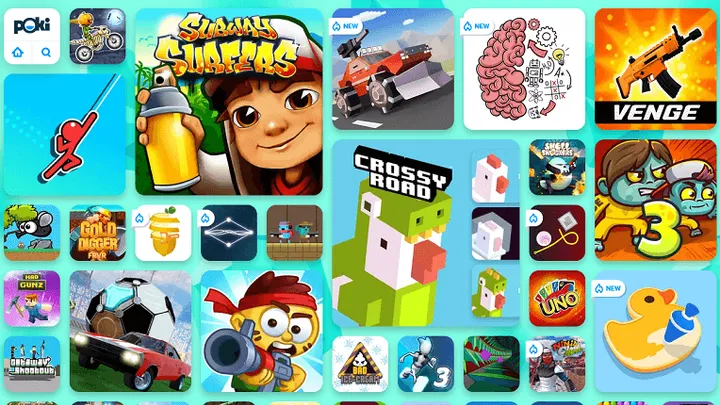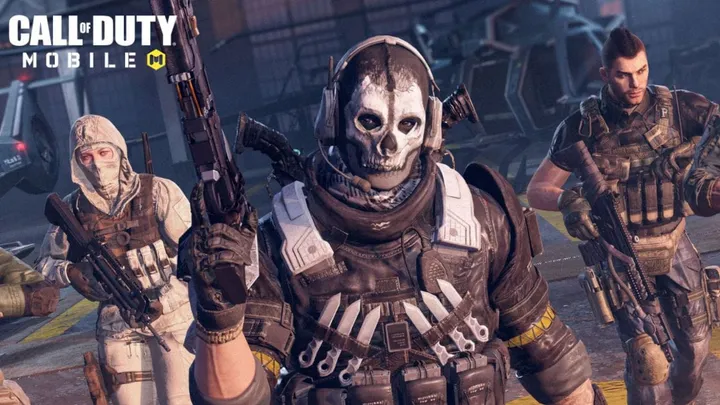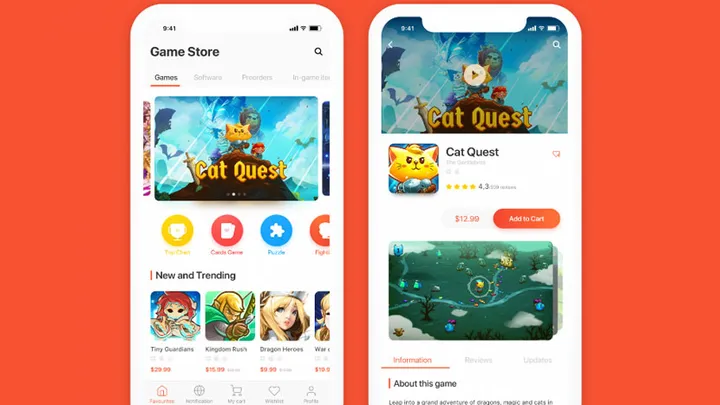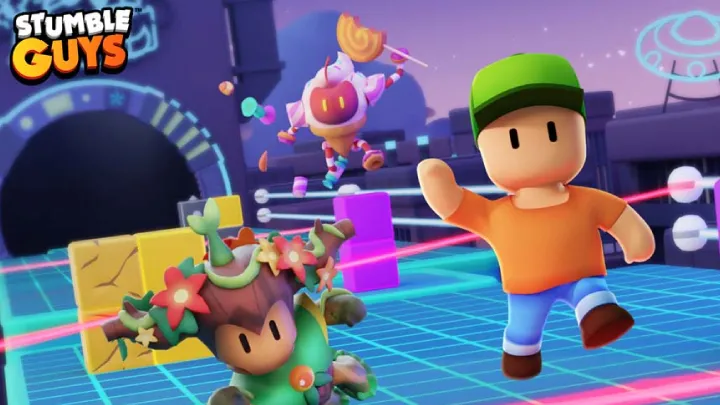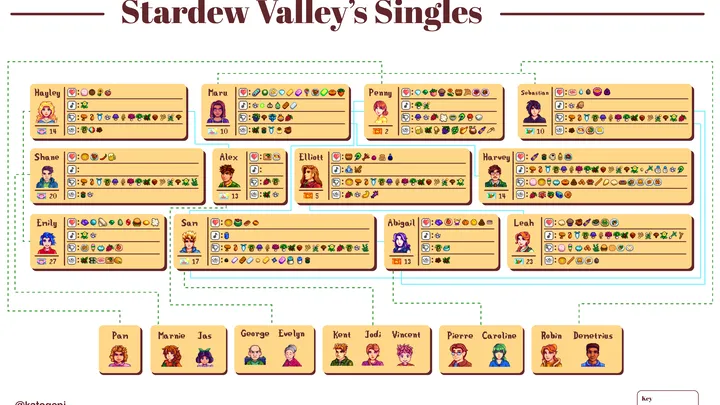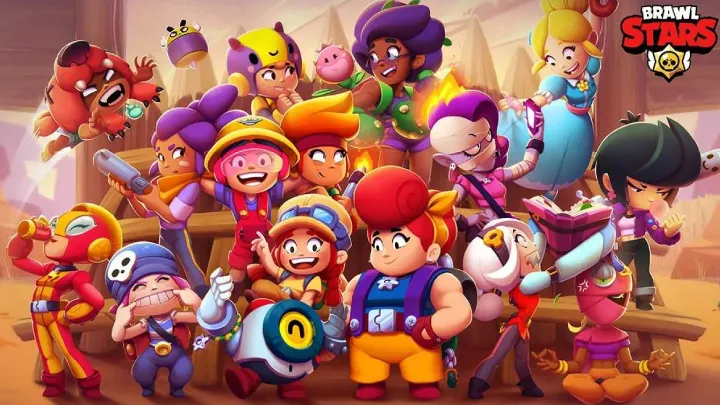The mobile app PEAK – Brain Training has established itself as one of the most popular platforms for users who want to sharpen their mental skills through gamified exercises. While it is celebrated for its sleek design and scientific approach, a specific issue that has emerged in player communities is cognitive fatigue. This refers to the exhaustion players experience after extended use of the game’s mentally demanding puzzles. In this article, we will deeply analyze this phenomenon by tracing its causes, effects, and implications for both casual and competitive players. The content is organized into ten sections, each building upon the previous one to provide a chronological and thematic analysis.
1. The Appeal of PEAK’s Cognitive Workouts
PEAK was designed with the promise of making cognitive enhancement fun. Its games cover multiple domains such as memory, attention, problem-solving, language, and mental agility. By offering bite-sized training modules, PEAK makes players feel like they are investing in their mental fitness while enjoying themselves.
The appeal lies in its gamification system—players are rewarded with scores, progress bars, and achievements that give the sense of measurable improvement. This makes it addictive, especially for individuals who enjoy structured self-improvement.
However, this very design is also what leads to a unique form of overexertion. Unlike physical games, the exhaustion here is purely mental, yet its effects are surprisingly tangible.
2. The Emergence of Cognitive Fatigue
Cognitive fatigue in PEAK arises when users play multiple high-intensity brain games in succession. Games that require rapid memory recall, sustained attention, or quick problem-solving tax the brain’s working memory and executive function.
Players often report feeling mentally “drained” after long sessions. Unlike physical tiredness, this manifests as slower reaction times, difficulty focusing on daily tasks, and even irritability.
This issue becomes most visible when players set overly ambitious goals, such as finishing multiple training packs per day or competing with friends for higher rankings.
3. Scientific Insights into Mental Overload
Researchers studying cognitive training have long debated the limits of mental endurance. PEAK’s exercises, while beneficial in moderation, can overstimulate the prefrontal cortex, the brain region responsible for decision-making and attention.
Scientific studies suggest that after 30–45 minutes of intense cognitive activity, performance begins to decline. This aligns with user complaints: they notice diminishing returns when they keep pushing themselves beyond this threshold.
The problem is not that PEAK is ineffective—it is that players often overuse the platform, expecting more results through sheer repetition.
4. Player Testimonies and Community Discussions
PEAK’s online communities provide valuable insight into the lived experiences of users. Many discuss how initial excitement turns into mental burnout after weeks of intense play.
Some examples from community forums include:
- “After 40 minutes of Peak, I feel like I can’t think straight.”
- “The harder games are fun but leave me exhausted. I can’t concentrate at work afterward.”
- “I started skipping sessions because I dreaded how drained I would feel.”
These testimonials highlight that the issue is widespread and not just anecdotal.
5. The Role of Gamification in Exacerbating Fatigue
While gamification is PEAK’s strongest feature, it also creates pressure to overtrain. The daily goals, streaks, and ranking comparisons push players to keep playing even when tired.
One common trap is the “streak system.” Players fear losing their streak, which motivates them to play every day, sometimes more than their brains can comfortably handle.
Another factor is the competitive drive. When competing with friends, players push themselves harder, ignoring their own fatigue in the process.
This transforms what should be a tool for healthy cognitive development into a source of strain.
6. Identifying Symptoms of Cognitive Fatigue
Recognizing the signs of mental fatigue is essential for responsible gameplay. Common symptoms reported by PEAK players include:
Physical Signs
- Headaches or eye strain
- Trouble sleeping after long sessions
- Physical restlessness
Cognitive Signs
- Slower problem-solving ability
- Short-term memory lapses
- Reduced focus on tasks outside the game
Emotional Signs
- Frustration during gameplay
- Decreased motivation to return to the app
- Irritability in daily interactions
These signals are crucial indicators that a player should moderate their sessions.
7. Short-Term vs. Long-Term Impact
In the short term, cognitive fatigue merely reduces game performance. Players notice slower reaction times and lower scores.
In the long term, however, repeated overexertion can lead to burnout, which discourages players from continuing their training altogether. This undermines the app’s primary mission of sustainable cognitive improvement.
Developers face the risk of losing loyal users who might uninstall the app due to exhaustion rather than boredom.
8. Strategies to Prevent Cognitive Fatigue
PEAK players and developers alike have proposed strategies to mitigate this issue.
For Players
- Limit playtime to 20–30 minutes per session.
- Take breaks between different types of cognitive games.
- Alternate between high-intensity and low-intensity exercises.
For Developers
- Implement fatigue warnings after long play sessions.
- Adjust difficulty progression to prevent overwhelming new players.
- Encourage rest days or lighter training schedules.
By incorporating these strategies, players can maximize benefits while minimizing exhaustion.
9. Case Study: A Week of Balanced Play
To illustrate, let us consider the case of a player who structures their PEAK usage over a week.
- Day 1–2: 20 minutes focusing on memory and attention.
- Day 3: Rest or casual play with lower-intensity games.
- Day 4–5: 25 minutes with problem-solving and language.
- Day 6: Rest day.
- Day 7: Mixed training for 30 minutes.
This balanced approach results in higher consistency and prevents the sharp decline in performance caused by fatigue. The player feels refreshed and motivated to return, rather than drained.
10. Future Directions
Looking ahead, PEAK and similar cognitive training apps have an opportunity to integrate features that respect mental limits. For example, adaptive fatigue detection could warn users when their performance starts to decline. Additionally, AI-based recommendations could provide personalized play schedules to maximize training without risking exhaustion.
Ultimately, PEAK’s strength lies in its ability to blend science with fun. By addressing the issue of cognitive fatigue, the game can ensure long-term sustainability and retain its loyal user base.








